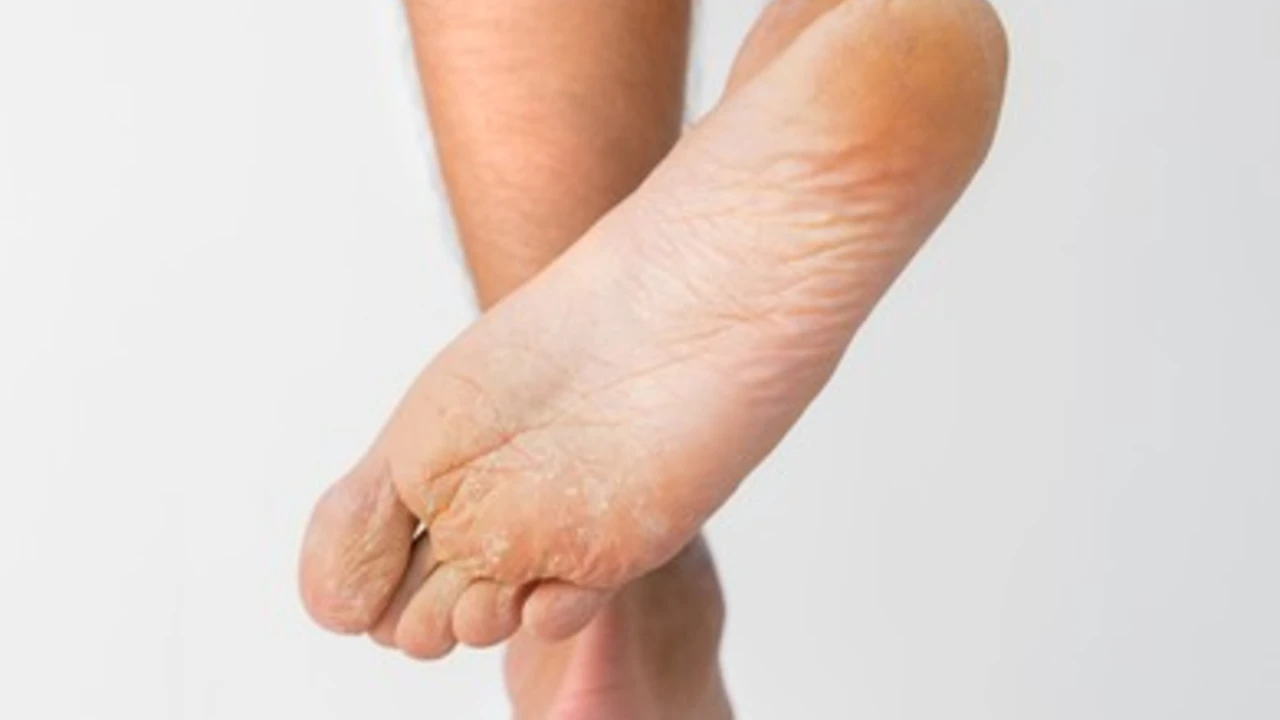Ever read a headline that says, "Drink lemon water to cure cancer" or "All carbs make you gain weight"? Those are health myths – simple ideas that sound plausible but lack solid evidence. They spread fast because they’re easy to remember and often play on our fears or hopes. On this page we’ll break down why myths pop up, how they affect you, and what you can do to tell fact from fiction.
First off, myths love emotion. A story about a miracle cure triggers excitement, while a warning about a dangerous food sparks fear. Social media amplifies both feelings, letting a single claim reach thousands in minutes. Add to that the fact that many people aren’t trained to evaluate medical research, and you have a perfect storm for misinformation.
Another reason is convenience. Real science is messy – it involves stats, study limits, and sometimes conflicting results. A myth, on the other hand, offers a clean, one‑sentence answer. That simplicity makes it easier to share, remember, and act on, even when it’s wrong.
Here are three quick checks you can do right now:
Using these steps doesn’t require a science degree – just a bit of curiosity and a healthy dose of doubt.
Now that you know why myths thrive and how to catch them, you can start protecting yourself and others. Remember, the goal isn’t to dismiss every new health tip outright, but to give it a quick reality check. When in doubt, ask a pharmacist, a doctor, or check a reliable health website. The more we all pause and verify, the fewer myths will stick around.
At Pharma‑Doc.net we’re committed to giving you clear, evidence‑based information on drugs, supplements, and health topics. If you’ve encountered a claim that seems too good to be true, bring it here and we’ll help you sort out the facts.

Hey there! I am thrilled you've decided to explore more on a common topic often shrouded in myths - Athlete's Foot! In this piece, I've debunked the top 5 myths about Athlete's Foot, hoping to clear any misconceptions you may have. Not only does this give you an accurate understanding, but it also empowers you with the right steps to take in preventing or managing it. Tag along as we debunk myths, and gain insights in the intriguing world of foot health!
Read More